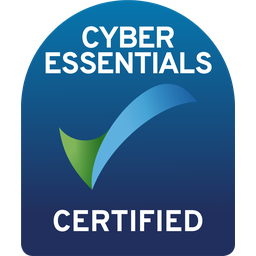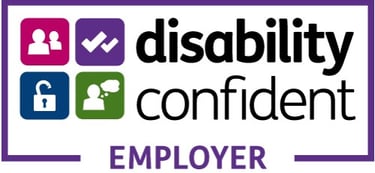
Modern Slavery Statement
BLUE TITAN BUSINESS AND TECHNOLOGY LTD
Introduction
Blue Titan Business and Technology LTD is committed to preventing modern slavery and human trafficking in all aspects of our business and supply chains.
We recognise our responsibility to operate ethically and transparently, ensuring that slavery, forced labour, and human trafficking have no place in our organisation or supply chain.
This statement outlines the measures, policies, and due diligence processes we have in place to identify, prevent, and mitigate modern slavery risks.
1. Organisation Structure, Business, and Supply Chains
Blue Titan Business and Technology Ltd is a UK-based technology company specialising in identity verification, biometric authentication, and cybersecurity solutions.
Business Operations: We provide identity and access management solutions to public sector clients, enterprises, and security-conscious organisations.
Supply Chains: Our supply chain includes technology vendors, cloud infrastructure providers, software suppliers, and professional service providers based in the UK, EU, and other regions.
Key Suppliers: We work with leading biometric and security technology vendors to deliver high-assurance identity verification solutions.
2. Policies in Relation to Modern Slavery & Human Trafficking
We have a zero-tolerance approach to modern slavery and have implemented policies to ensure compliance, including:
Anti-Slavery & Human Trafficking Policy:
Applies to all employees, suppliers, contractors, and business partners.
Prohibits forced labour, child labour, human trafficking, and any exploitative practices.
Requires suppliers to confirm compliance with UK Modern Slavery legislation.
Supplier Code of Conduct:
Mandates that all suppliers adhere to ethical labour practices, fair wages, and non-exploitative employment conditions.
Requires suppliers to provide evidence of compliance with anti-slavery laws.
Whistleblowing Policy:
Encourages employees and third parties to report concerns related to modern slavery anonymously.
Ensures whistleblowers are protected from retaliation.
3. Due Diligence Processes in Our Business and Supply Chains
To mitigate modern slavery risks, we conduct the following due diligence activities:
Supplier Risk Assessments:
Conducted during onboarding and periodically reviewed.
High-risk suppliers are subject to enhanced scrutiny.
Supplier Audits & Compliance Checks:
Annual compliance declarations from key suppliers.
Verification of suppliers’ own modern slavery policies.
Contractual Obligations:
Contracts with suppliers include modern slavery compliance clauses.
Non-compliance can lead to contract termination.
4. Risk Assessment & Management
We have identified areas where modern slavery risks may exist, particularly in:
Software Development & Outsourcing:
We ensure any external software development partners comply with fair labour practices.
Cloud & IT Infrastructure:
We only work with reputable vendors that adhere to strong labour rights and ethical sourcing policies.
Risk mitigation steps include:
Conducting ethical sourcing reviews for technology providers.
Implementing supplier vetting before procurement.
Requiring full compliance with UK and international anti-slavery regulations.
5. Effectiveness & Performance Indicators
To measure the effectiveness of our anti-slavery efforts, we use the following performance indicators:
100% of key suppliers required to sign compliance declarations.
Annual review of supplier risk profiles.
No modern slavery-related incidents reported within our supply chain.
Internal compliance audits & policy reviews.
6. Training & Capacity Building for Staff
Annual Modern Slavery Training for procurement teams and relevant employees.
Supplier Engagement Sessions to promote awareness and compliance.
Whistleblowing & Ethics Training for employees to identify and report concerns.
7. Future Commitments & Continuous Improvement
We are committed to enhancing our modern slavery prevention measures by:
Strengthening supplier audit processes with more detailed risk assessments.
Expanding training initiatives to cover all employees and key stakeholders.
Increasing collaboration with industry partners to improve best practices.





